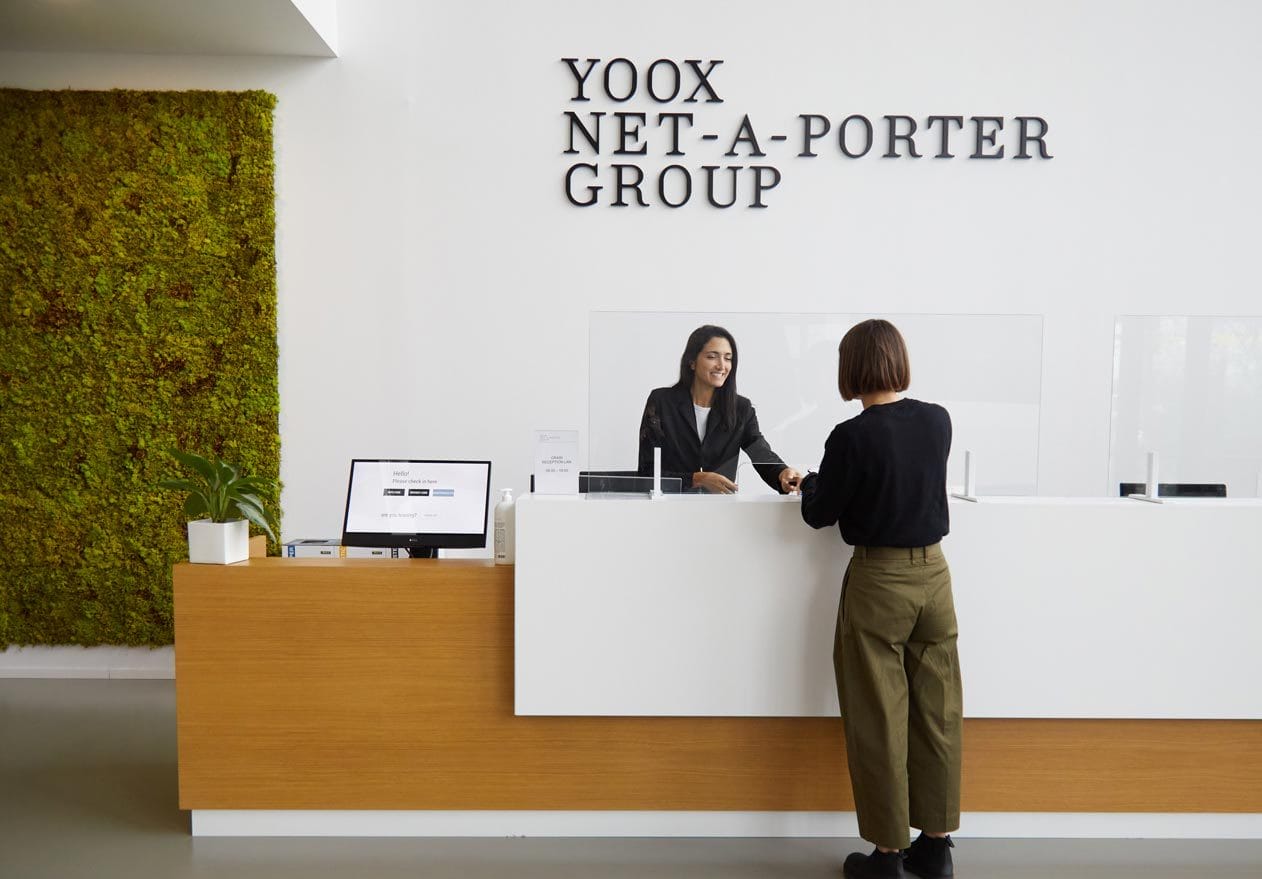The luxury e-commerce landscape is again experiencing significant shifts as Yoox Net-a-Porter (YNAP) has announced the closure of its operations in China. YNAP’s journey in China began with a collaboration with Alibaba through a joint venture known as Fengmao.
Initiated with grand ambitions, this partnership aimed to bolster Alibaba’s prominence in the luxury sector and provided the Chinese e-commerce giant access to an array of high-end fashion products. The alliance was part of a broader strategy to challenge Alibaba’s competitors, such as JD.com, and secure direct deals with luxury brands—a move critical for brands like LVMH Moët Hennessy Louis Vuitton and Kering.
However, the dream of dominating the luxury e-commerce market in China has yet to come to fruition. Local authorities’ crackdown on the tech sector starting in 2021 and the evolving consumer buying behaviors bolstered by digital innovations created a tumultuous environment.
Amidst these changes, physical luxury stores in China have significantly upgraded, providing fierce competition to online platforms like YNAP. Competitors like Xiaohongshu, which has partnered with Louis Vuitton for record-setting live streaming events, and JD.com with its omnichannel solutions, have also made significant strides, eroding Alibaba’s dominance in the field.
As reported by The Financial Times, the decision to liquidate the joint venture and exit China is part of YNAP’s broader strategy to streamline its resources and investments. The operational focus will now shift to areas where higher profitability can be achieved. This strategic withdrawal indicates a reassessment of market priorities and a move toward ensuring sustained growth and profitability.
Fengmao’s chief executive officer, Yating Wu, confirmed the closure, who informed employees about the termination during a recent meeting. While YNAP has declined to comment on the specifics, this strategic pivot highlights the dynamic nature of the global luxury e-commerce market and the adaptive strategies companies must employ in response to changing economic and market conditions.
The dismantling of the joint venture is scheduled to proceed swiftly, marking the end of an ambitious but ultimately challenging chapter for YNAP in China. As YNAP reorients its business towards more lucrative markets, industry observers will be keenly watching to see how this strategic move shapes its future in the e-commerce industry.

















